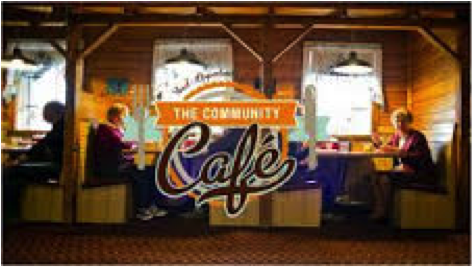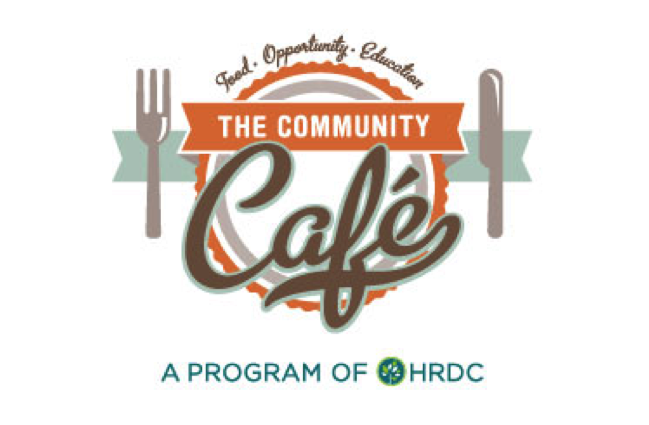The World Works On More Than Money
By: John A. Baden, Ph.D.Posted on August 20, 2015 FREE Insights
Most people gradually learn the way the world works. This includes the relation of financial wealth to one's sense of well-being. Many well-seasoned people understand having more money would not fix any of their problems. They also realize that anything they might buy would provide only transitory pleasure. Purchased pleasures are ephemeral. Here is my example.
While I've learned that money contributes little to my life's satisfaction, throwing it away hurts. I'd probably enjoy a new BMW M 5--but it may be more satisfying to keep an original. License plate and insurance fees on a 25-year-old vehicle are quite low and it's a pleasure to drive a classic. Funds saved can go to worthy causes.
Many people in the Gallatin Valley do have problems that money can fix. Bad teeth or poor vision are examples. Bozeman's clinics provide care for these maladies and deserve our support. Likewise, our Community Café The Community Cafe, offers nutritious food for the amount one wants to pay. No payment is OK if that's the amount available.

Montana’s only Pay What You Can Cafe: Food. Opportunity. Education.
Helping is easy and delicious!
Come enjoy a delicious meal with your friends and family at the Community Café. By eating with us, you can help feed a neighbor in need. Just pay the full amount of the suggested price for your meal, plus a little extra to “pay it forward”. If everyone does a little it will help a lot. What you give is more than just a meal: You give hope, opportunity & community.

MENU
· THURSDAY AUGUST 20TH
Ham and Beans served with Warm Bread, Fresh Fruit, a Vegetable Side and Milk.
· WEDNESDAY AUGUST 19TH
Italian Jo’s served on a Bun with a Vegetable Side, Fresh Fruit and Milk.
· TUESDAY AUGUST 18TH
Savory Vegetables with Beans and Pasta served with Warm Bread, Fresh Fruit, a Vegetable Side and Milk.
· MONDAY AUGUST 17TH
Cajun Rice with Sausage and Chicken served with Fresh Fruit, Warm Bread, a Vegetable Side and Milk.
· SUNDAY AUGUST 16TH
Chicken and Rice served with Warm Bread, Fresh Fruit, a Vegetable Side and Milk.
· SATURDAY AUGUST 15TH
Vegetable Beef Stew served with a Vegetable Side, Fresh Fruit, Warm Bread and Milk.
Contributing to such causes is satisfying and there are a remarkable number of such opportunities in the Bozeman area. This feature illustrates our vibrant civic culture. It is one of our area's strong attractions.
Does anyone come here to maximize their financial income? Surely not many. Instead, many people who move here have reframed their sense of what makes a worthwhile and rewarding life. Money may be important but surely doesn't trump everything else. A combination of other considerations dominates. These include charity, community, demography, ecology, and safety.
For many reasons the financial future of the U.S. isn’t as bright as it was. Fortunately, material attainment constitutes a reducing fraction of well-being and satisfaction. Materially, a great majority are already well off. Among this huge group, more money and material stuff contributes little to the quality of their life. This is a fairly recent phenomenon.
From the birth of Christ until about 1776 there were remarkably small improvements in the average person’s material well-being. Life wasn’t everywhere brutal—but it was short and uncertain. Even in America circa 1900 life expectancy was just over 42 years.
Suddenly, shortly after 1776, there was a radical acceleration of wealth creation. Throughout the Western world economic prosperity took off averaging about two percent a year, doubling each 35 years. This lasted until the chaos of World War I, the Great Depression, and World War II.
America was the only major intact nation after WWII. As a result, our wealth exploded. Technology improved, sales soared, and remarkable economic growth generated good jobs. By historical measures, most Americans became immensely rich.
We lived in an aberrant period following WWII, one unlikely to be enjoyed by our grandchildren. Here are two reasons why continued material growth is unlikely. First, dramatic improvements in communication and transportation imply that American workers compete worldwide. Labor is one cost factor that producers and consumers seek to reduce. As a result, much American manufacturing of material stuff, the furniture of the world, is relocated to less expensive sites.
Essentially, the employment world of our grandchildren has been hollowed out. Opportunities, especially for those lacking abstract skills, are substantially reduced. Aside from goods and services that must be done on site, such as plumbing repairs, few jobs are insulated from international competition. Much routine corporate law work is shipped out to India. So are dental bridges. This logic applies to a great many services once done exclusively by Americans. Reading Magnetic Resonance Images (MRIs) abroad is now technically easy, for example.
The second major threat comes from political actions and bureaucracies that increase economic entropy, the tendency of economic systems to degenerate. Mancur Olson’s 1982 book, The Rise and Decline of Nations, still explains it best. He argued that stable democracies develop “institutional sclerosis.” Lobbies generate inefficient regulations and redistributions that thwart productivity. This negative force is increasingly pervasive and destructive.
Fortunately, the great majority of Americans, even our poor, live lives of plenty. Many previous luxuries are now considered normal necessities. Americans expect to have glass in windows, running hot and cold water, central heat, refrigerators, TVs, and even cell phones. Most Americans are over the level where additional wealth or material stuff significantly increases their happiness. Research by psychologist Edward Diener, among many others, has shown that once your basic needs are met, additional income does little to raise your satisfaction with life and happiness. Health, friends, family, and a sense of contributing add far more.
Reframing success by discounting the importance of money is one key to life’s satisfaction. Many people are doing just that. Finding a place with the Gallatin Valley's qualities is another contributor. A major challenge of current residents is finding a way to maintain the qualities that make our home territory attractive. This alas, will become increasingly difficult. Unfortunately, that's the way the world works.

